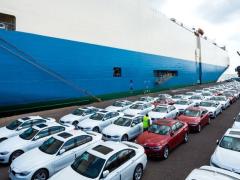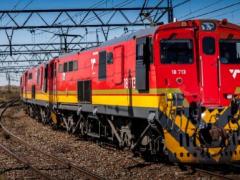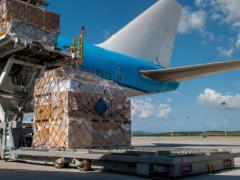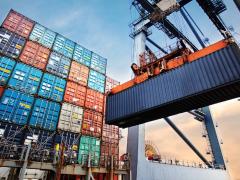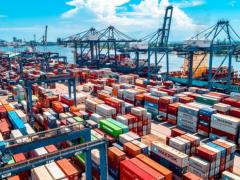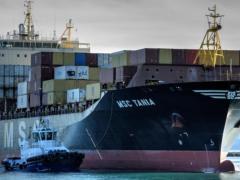Southern Africa’s logistics sector continues to grapple with infrastructure bottlenecks, congested ports, regulatory inconsistencies and rising costs, yet positive shifts are beginning to emerge. “While the challenges are significant – from outdated infrastructure and bureaucratic hurdles to the urgent need for technological modernisation – encouragingly, we are starting to see government entities, the private sector and ports embracing advanced technologies on key corridors. This is already translating into greater efficiency and driving growth across the region,” said Rui Rodrigues, sales and business development manager at OCL Group. Several key trends are now shaping the region’s logistics landscape. “We are seeing a growing adoption of digital technologies and automation as well as increased focus on supply chain resilience,” said Rodrigues. “The integration of AI and data analytics to optimise operations is also on the rise. Furthermore, there has been a definite increase in public- private partnerships to enhance infrastructure and efficiency.” According to Rodrigues, OCL has been focused on developing advanced IT systems that seamlessly integrate with customer and port platforms to provide a comprehensive, 24/7 view of trade activities. “The goal is to make trade simple. Our system will be tailored to meet individual client needs, streamlining operations from loading to shipping and reducing human interaction. Long term, we will incorporate AI solutions to further improve operational efficiency, service quality and decision-making.” He said the local logistics landscape was evolving in line with international trends, with increasing adoption of digitalisation, automation and data-driven supply chain management. “While we are making strides in modernisation and sustainability efforts, southern Africa does still lag behind some global leaders in terms of efficiency, integrated technology and infrastructure development.” Despite the gaps, Rodrigues emphasised that the southern Africa logistics sector held significant untapped potential. “Opportunities are emerging in areas such as digital transformation, automation and smart supply chain solutions, which promise to improve efficiency and transparency for customers,” he told Freight News. “There is also potential in sustainable logistics practices, including improved and more efficient rail network coverage and energy-efficient infrastructure. E-commerce growth further accelerates demand for flexible and reliable logistics services, presenting substantial opportunities for innovation and expansion across the sector.” Rodrigues added that there was no doubt technology was transforming logistics by enhancing efficiency, transparency and responsiveness through real-time tracking, automation and data analytics. These innovations, he said, were improving route planning, inventory management and communication, while reducing costs and enabling more sustainable, customer- focused operations. On the downside, logistics costs remained high, largely influenced by efficiency, infrastructure development and system automation and integration. “Overall, the outlook is positive, with the sector poised for growth and innovation.” LV
Digital adoption gains momentum
Comments | 0

